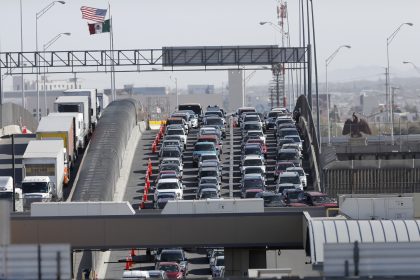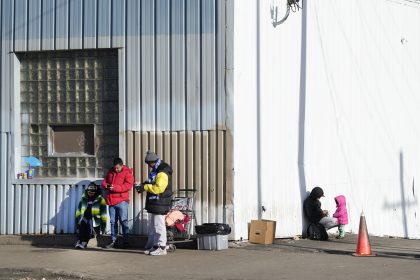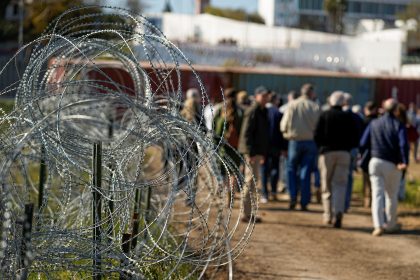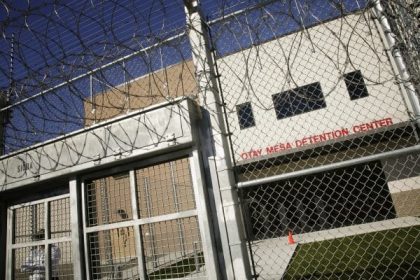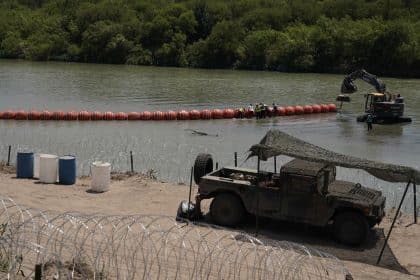Washington Legal Advocates, Lawmakers Want Immigration Procedures Changed
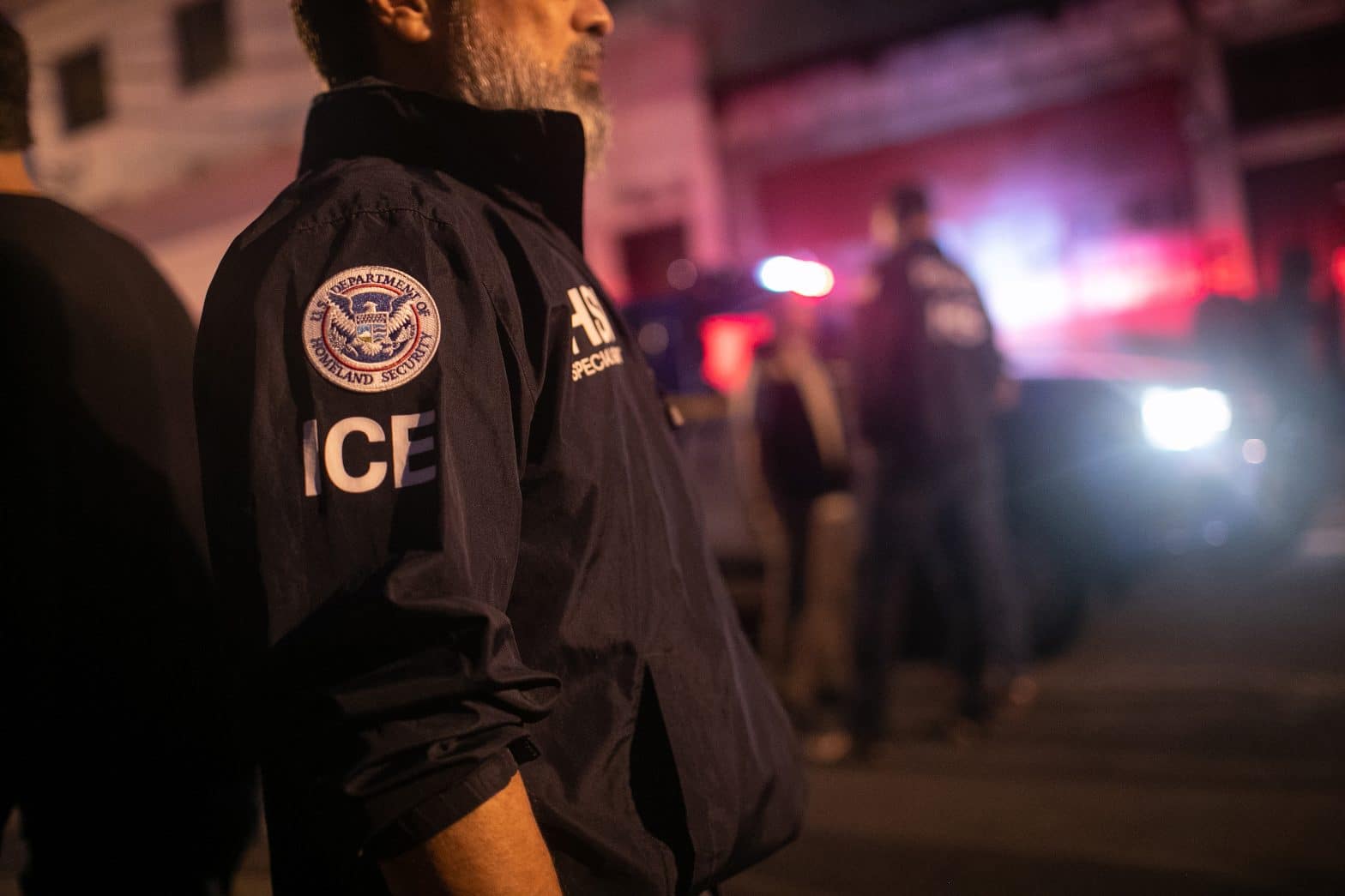
WASHINGTON — Some of Washington’s prominent legal organizations and lawmakers are scrambling to address the nation’s illegal immigration crisis while courts confront a hopeless backlog of cases.
They are proposing new procedures to manage the flood of illegal immigrants being held in detention centers while seeking to avoid human rights violations.
The American Immigration Lawyers Association and Federal Bar Association are urging Congress to separate immigration courts from the Justice Department.
They say the dysfunction between them is creating due process concerns for the immigrants and slowing the process for hearings and possible deportation.
They said in their letter to congressional leaders last week that the Justice Department has a conflict of interest because the U.S. attorney general serves “as both lead prosecutor and lead judge in immigration cases.”
Meanwhile, Democrats in Congress introduced a bill this week to guarantee vulnerable immigrant populations a right to representation by counsel. The right would be given to persons younger than 21 years old, more than 60 years old, nursing or pregnant women, gays and anyone with religious considerations.
Currently only about 15 percent of immigrants facing court hearings are represented by attorneys, according to the American Immigration Lawyers Association. Many of them do not fall within the protected groups mentioned in the proposed legislation.
The Justice Department reports that Immigration courts face a backlog of nearly 900,000 cases, up from 768,257 last year and roughly 262,000 in 2010.
The Equal Justice for Immigrants Act of 2019 introduced in Congress Tuesday would allow asylum applicants to stay in the United States until their court proceedings are completed.
Rep. Anthony Brown, a Maryland Democrat who sponsored the bill, said it is partly a response to tough immigration policies of President Donald Trump.
“President Trump’s immigration policy — separating families and utilizing mass detention and deportation — forces migrants into an increasingly broken and politicized immigration legal system where they often are denied their due process rights,” Brown wrote in a letter to fellow House Democrats. “We must provide fair and just treatment to all people within our borders.”
Some Republicans are wondering how to pay for the kind of reforms anticipated by the Equal Justice for Immigrants Act, which would cost an estimated $720 million.
Similar concerns arose Monday during a U.S. House Judiciary subcommittee on immigration and citizenship hearing.
A U.S. Department of Homeland Security official told the subcommittee that government inspectors who visited detention centers in May and June found some immigrants “standing shoulder to shoulder” with little space to lie down or move around. Others — including children — were detained longer than the three days allowed by U.S. government policy.
The Homeland Security Department reports that the number of immigrants crossing the border illegally has risen from 2,000 per day in 2014 to somewhere between 4,000 and 5,000 daily this year.
Diana Shaw, an assistant inspector general for the Homeland Security Department, testified that some of the worst conditions were found at the El Paso and Rio Grande Valley detention centers in Texas.
The El Paso Del Norte Processing Center, “which has a maximum capacity of 125 detainees, had between 750 and 900 detainees onsite on the dates visited,” Shaw said in her testimony.
One holding cell with a maximum capacity of 35 adults held 155 of them.
“Further, some of the detainees had been held in standing-room-only conditions for days or weeks,” she said.
The inspectors found similar overcrowding at four of the five Rio Grande Valley Border Patrol facilities and prolonged detention at all five facilities.
“There were more than 50 [unaccompanied children] younger than seven years old and some of them had been in custody over two weeks while awaiting transfer,” Shaw said.
Immigration and Customs Enforcement agents continued arrests this week that started Sunday against about 2,000 illegal immigrants, most with criminal records.


















